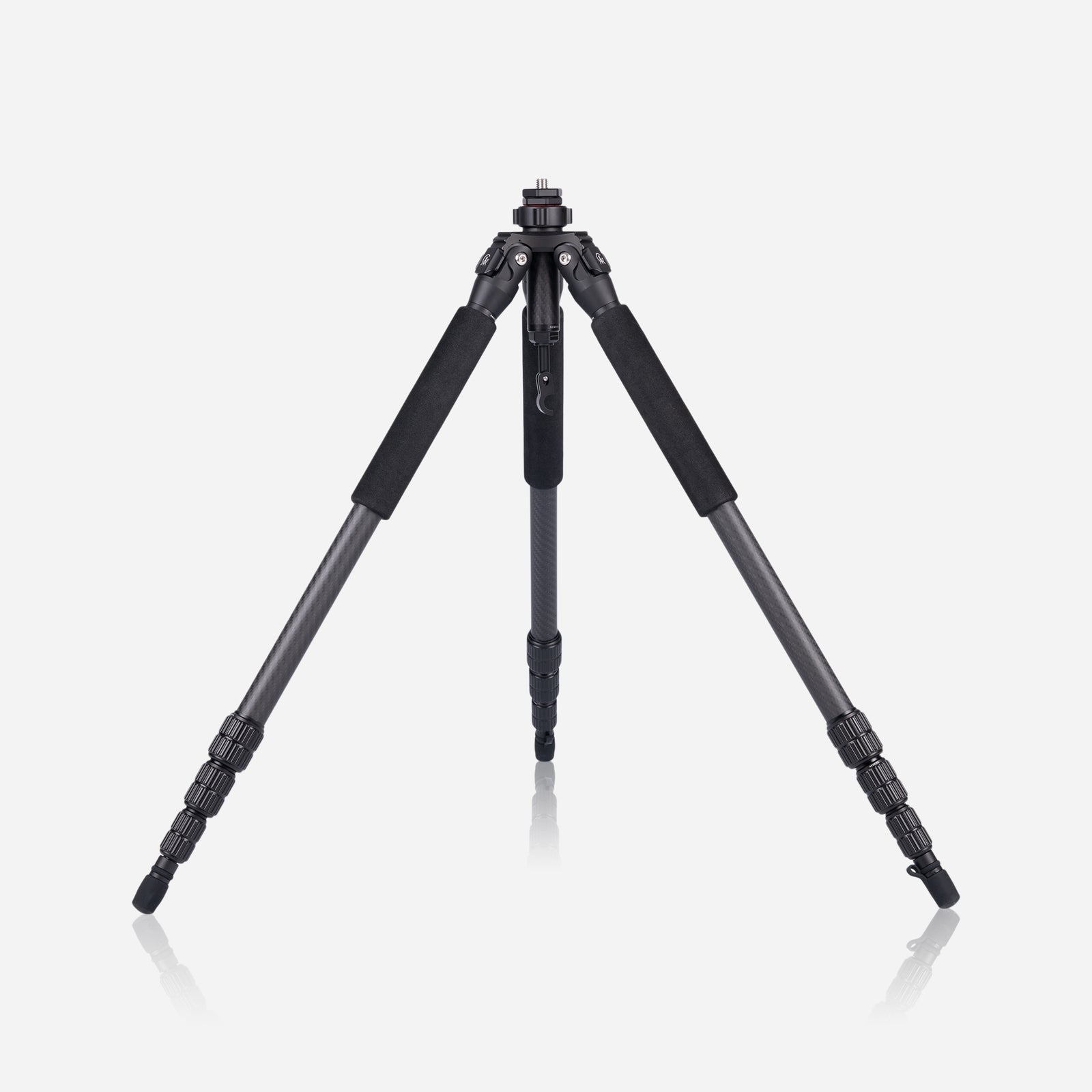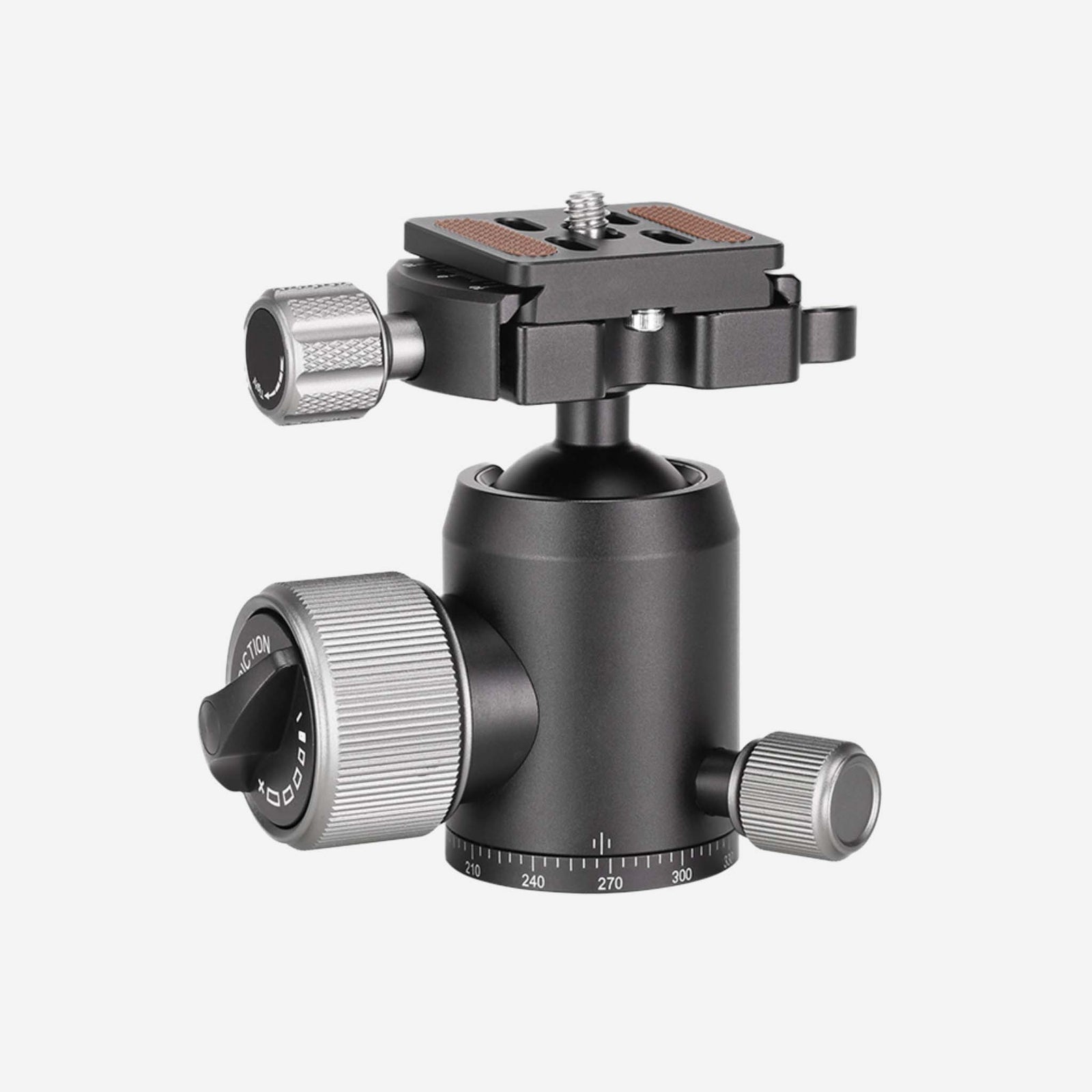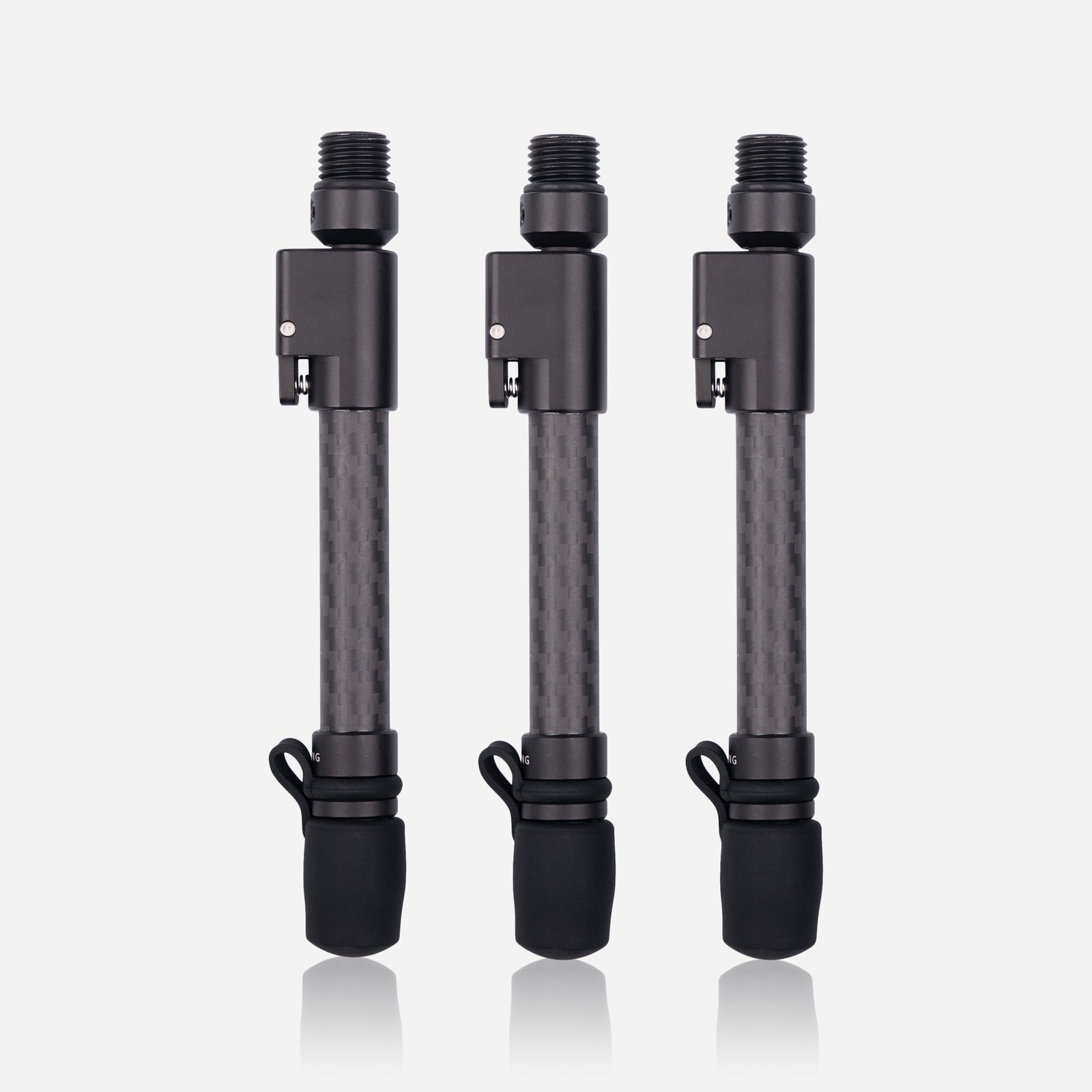Though the short, cold days we are currently experiencing can make it less than tempting to get outside, winter undeniably gives us the best sunsets. It has actually been scientifically proven! When we are furthest away from the sun, light has to travel further to reach us. Red and orange have longer wavelengths than blue, and so the colours are much brighter in winter. So, if you are looking to get the best shots you can, you should get yourself outside in the next couple of months to really make the most of the sunsets.
There are a few things to remember when shooting sunsets. First and foremost, you want to be as organised as you can be before you start photographing. Choosing the right location is really important for getting the best images you can - you want to be somewhere that you can see the sun hit the horizon as it descends. The beach is the perfect place for this, as you also get the reflection of the sunset in the water, brightening your entire composition. I would recommend getting to your location at least half an hour before sunset - this gives you enough time to get your camera settings sorted, set up your tripod, and decide the angle that you want to shoot.

Speaking of tripods, what kind of camera accessory company would we be without a shameless plug of our own tripod, which has an incredible payload of 20kg. When combined with our ball head with a payload of 15kg, you can be sure that your camera is exceptionally safe, and you are shooting off a very stable platform. The hook at the bottom of the heart allows you to add weight to further your stability, which can be really useful on the blustery beaches of Britain.
In terms of the right settings, there are a few must haves when it comes to capturing the colours of the sunset. You want your camera to be on Daylight White Balance Preset, so that it can pick up the bright colours the most. If it is on Auto White Balance, it can really dull the sunset. You also want your Aperture to be as high as you can to get the widest field of view, and your ISO to be as low as possible for a high quality image. I would recommend between f/11 and f/16, and as always, shoot in RAW rather than JPEG. It will give you the most room to edit afterwards.

A tripod is a real necessity when it comes to photographing sunsets. You want to be able to capture everything in the clearest quality possible, and so you need to remove any human tremors from the images. It also gives you the time to find the perfect composition for your image, and more certainty that you'll be happy with the results. It is still a good idea to move around after you’ve taken a couple of images to try a new perspective, you can be pleasantly surprised. Trying out different locations in your time before the sunset is a good approach to take. A tripod also allows you to use a slower shutter speed, creating interesting results in the clouds above.
A final suggestion from me is to not stop shooting once the sun has set. The moments after the sun has dipped below the horizon provide the most stunning display of colours, and twilight always looks to include a wider array of colours. It brings blue back into the sky, as well as the orange, red and yellow that we are so familiar with, as well as pink. Make sure you stick around until the sky is a dark blue - the images could really surprise you.





